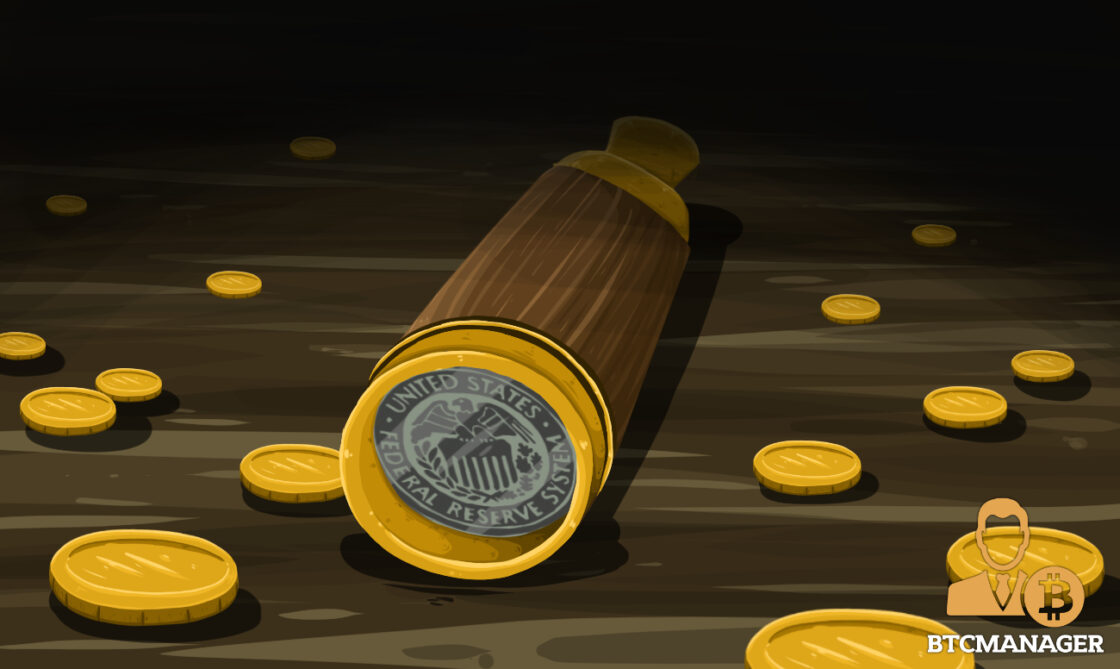Welcome to
On Feet Nation
Members
-
Helen Online
-
GRAHAM MULFY Online
-
Prajakta Online
-
rimeton454 Online
-
bsoftindia Online
-
Thomas Shaw Online
-
Panchmukhi Ambulance Online
-
Tim Online
-
Cassandra Online
-
Helen Online
-
AdisoniDiaz Online
-
Harry Online
Blog Posts
Top Content
Fedcoin? The U.s. Central Bank Is Looking Into It - Reuters
PALO ALTO, Calif. (Reuters) - The Federal Reserve is looking at a broad range of issues around digital payments and currencies, including policy, design and legal considerations around possibly issuing its own digital currency, Governor Lael Brainard stated on Wednesday. Go to the website Brainard's remarks suggest more openness to the possibility of a Fed-issued digital coin than in the past." By changing payments, digitalization has the prospective to deliver higher worth and convenience at lower cost," Brainard said at a conference on payments at the Stanford Graduate School of Service.
Central banks globally are disputing how to handle digital finance technology and the dispersed journal systems utilized by bitcoin, which guarantees near-instantaneous payment at potentially low cost. The Fed is developing its own day-and-night real-time payments and settlement service and is presently evaluating 200 remark letters sent late last year about the suggested service's design and scope, Brainard stated.
Less than two years ago Brainard informed a conference in San Francisco that there is "no compelling showed need" for such a coin. However that was prior to the scope of Facebook's digital currency ambitions were widely known. Fed officials, including Brainard, have raised issues about consumer securities and information and privacy dangers that could be presented by a currency that could come into use by the third of the world's population that have Facebook accounts.
" We are collaborating with other central banks as we advance our understanding of central bank digital currencies," she stated. With more nations checking out issuing their own digital currencies, Brainard said, that adds to "a set of factors to likewise be ensuring that we are that frontier of both research and policy development." In the United States, Brainard said, issues that require research study consist of whether a digital currency would make the payments system much safer or simpler, and whether it could posture monetary stability risks, including the possibility of bank runs if money can be turned "with a single swipe" into the reserve bank's digital currency.

To counter the financial damage from Click here America's extraordinary nationwide lockdown, the Federal Reserve has actually taken unprecedented steps, consisting of flooding the economy with dollars and investing directly in the economy. The majority of these relocations got grudging approval even from numerous Fed skeptics, as they saw this stimulus as needed and something only the Fed could do.
My new CEI report, "Government-Run Payment Systems Are Risky at Any Speed: The Case Versus Fedcoin and FedNow," details the dangers of the Fed's present plans for its FedNow real-time payment system, and proposals for main bank-issued cryptocurrency that have been called Fedcoin or the "digital dollar." In my report, I go over issues about privacy, information security, currency manipulation, and crowding out private-sector competitors and development.
Supporters of FedNow and Fedcoin state the government should create a system for payments to deposit instantly, rather than motivate such systems in the personal sector by raising regulatory barriers. But as kept in mind in the paper, the personal sector is providing a relatively limitless supply of payment innovations and digital currencies to solve the problemto the extent it is a problemof the time space in between when a payment is sent and when it is gotten in a bank account.
And the examples of private-sector development in this location are numerous. The Clearing House, a bank-held cooperative that has actually been routing interbank payments in different types for more than 150 years, has been clearing real-time payments considering that 2017. By the end of 2018 it was covering 50 percent of the deposit base in the U.S.
© 2024 Created by PH the vintage.
Powered by
![]()
You need to be a member of On Feet Nation to add comments!
Join On Feet Nation